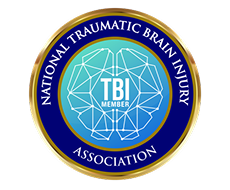Lights, Camera, Recovery: Documentaries That Reveal the Real Journey After TBI
1. Still We Rise (2011)
This short documentary follows several injury survivors—including one with a TBI—as they engage in a five-day intensive rehabilitation program called the Warrior Games. Their grit in adaptive sports and community support highlights how recovery can be dramatically transformative.
2. Concussion (2015) – Documentary-style
Although technically a Hollywood film, Concussion (starring Will Smith) straddles a documentary feel. It explores chronic traumatic encephalopathy (CTE) in football players, bringing attention to repeated head trauma and its long-term neurological effects.
3. The Crash Reel (2013)
A gripping look at extreme athlete Kevin Pearce, whose promising snowboarding career was derailed by a traumatic brain injury. The film tracks his accident, early recovery, and the emotional challenges facing him and his family—not just physically, but in the struggle to redefine his identity.
4. Headstrong: 52 Women Who Changed Science – Lynn Margulis Special (2019)
Although not solely TBI-focused, this film includes narratives about brain injury, especially through women in science who discuss neurological resilience and recovery. It’s a profound reminder that brain health touches every corner of our lives.
5. Unseen Skies (2021)
While Unseen Skies is more broadly about art and mental health, it includes subjects who discuss brain trauma and recovery through creative expression. The poetic cinematography reflects on how art becomes part of healing and meaning-making.
6. My Beautiful Broken Brain (2016)
One of the most deeply personal TBI documentaries, this film chronicles Lotje Sodderland’s journey after a hemorrhagic stroke and brain injury. She documents her whole recovery: memory loss, her altered perception of the world, and her path toward self-redefinition. It’s raw, intimate, and emotionally honest.
7. Head Games (2012)
This documentary investigates the culture of concussions in American football—but it’s also broader. It shows the long-term neurological consequences of repeated head trauma, through interviews with current and former athletes, medical experts, and researchers.
8. When I Walk (2013)
Directed by Jason DaSilva, this is primarily about living with multiple sclerosis, but it resonates deeply for brain injury recovery. DaSilva’s poetic use of film to document his physical and emotional resilience offers parallels for TBI survivors forging a new sense of self.
These films do more than inform—they humanize. Through first-person storytelling, audiences can understand just how disruptive and transformative a brain injury can be. Medical experts, caregivers, and survivors share their perspectives, making clear that recovery is not linear, and that progress may come in small but meaningful increments.
Why These Documentaries Matter
From highlighting gaps in public awareness to showing the power of support networks and rehabilitation, documentaries about TBI recovery also play a vital role in advocacy. They remind us that survivors don’t just need medical treatments—they need social, emotional, and community-based care.
In Conclusion
Watching a documentary about TBI recovery can be a deeply moving experience—and a powerful educational tool. These films offer both hope and realism, showing that while the road may be difficult, recovery is possible, and that identity and purpose can be rebuilt in new and meaningful ways.
Disclaimer: This article is for informational purposes only and is not medical or legal advice.
Contribute to the TBI Times





